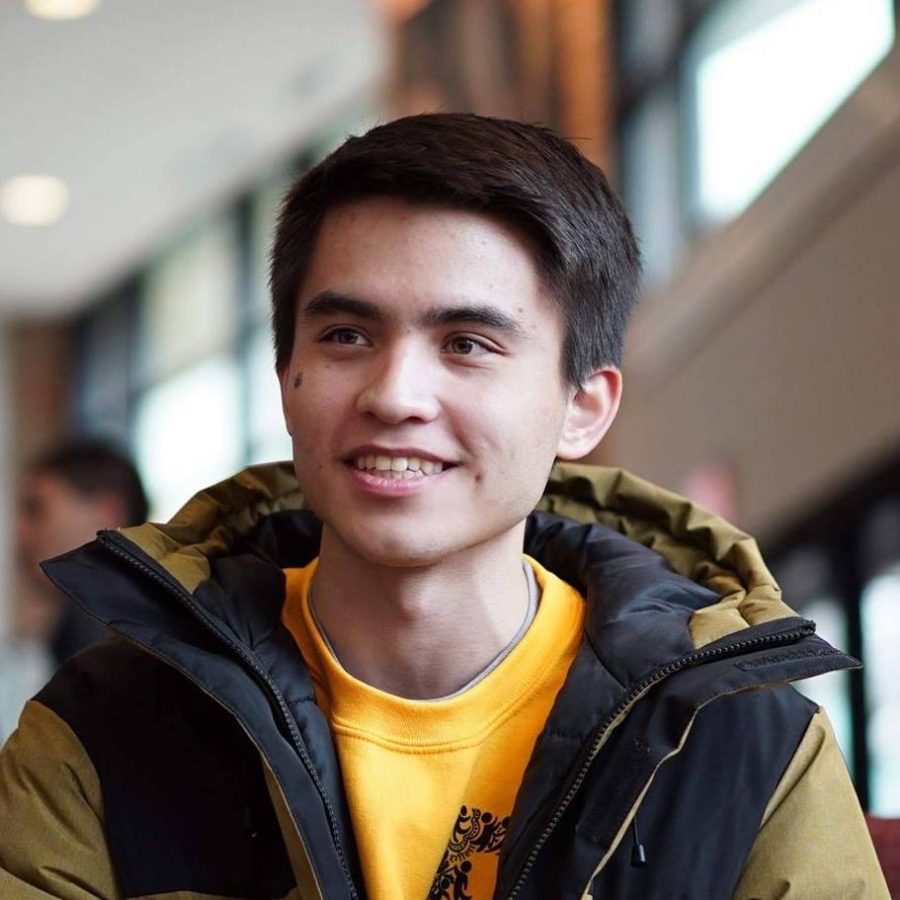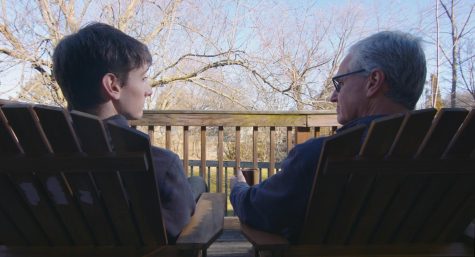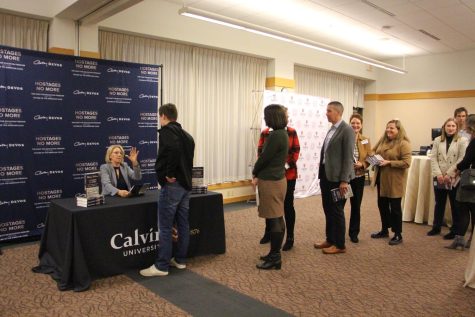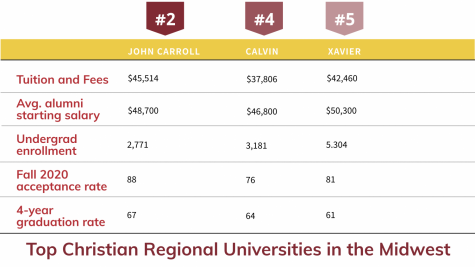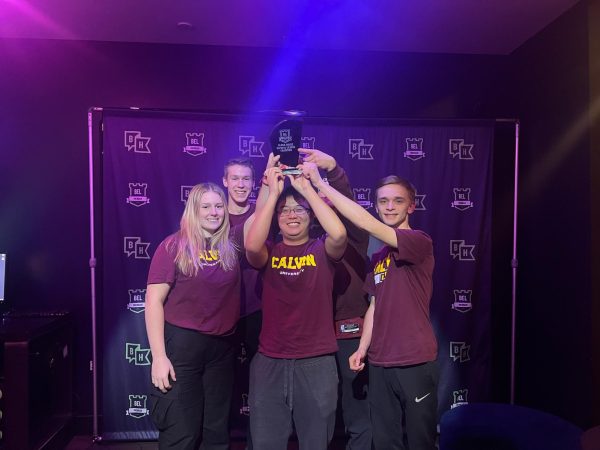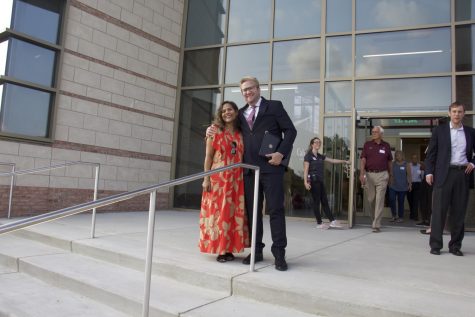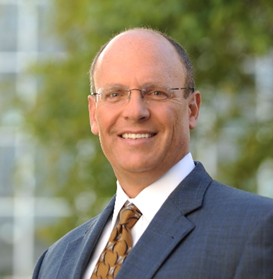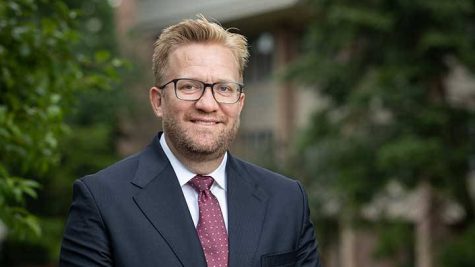Q&A: Interfaith intern talks investment
Manato Jansen is a junior this year and is studying international development and sociology. Photo courtesy Manato Jansen.
Calvin’s Service Learning Center created an interfaith intern position this year. Junior Manato Jansen, the current interfaith intern, hopes to provide perspective on the importance of his work.
Chimes: How did you initially get involved in interfaith encounters?
Jansen: “Growing up in Japan as a missionary kid, and being half-Japanese and half-American, I was living in a country where I was a religious minority. One-percent of the country I grew up in was Christian. Also, having a Japanese mother meant that pretty much all my Japanese relatives were of other faiths, like Buddhist or Shinto. Thinking back to that, I just naturally interacted with people of other faiths, and it wasn’t something I had to learn to do. It was very comfortable to me. I felt like the Calvin community was missing out on something very important.”
Chimes: How did you become the interfaith intern?
Jansen: “The thing that got me going was a man at the Faith and International Development Conference from Eastern University who grew up in Indonesia and talked about the importance of interfaith work. After talking with him, he told me I should start [an interfaith organization] at Calvin. I was going to start it spring of 2016, but was told at a student organization meeting that some donors might not be happy funding something like this, so I started my own independent thing, [Calvin Interfaith Opportunities], organizing things with the resources I had.”
Chimes: What does your day look like on the job as an interfaith intern?
Jansen: “This semester I’ve been focusing a lot on giving students opportunities to meet people of other faiths. A lot of it has been event planning, which means reaching out to local religious centers to figure out what events we can put together. Usually, that means contacting restaurants to put meals together, publicizing the events and lots of tedious office work. We’re also still trying to build a foundation of what this position is at Calvin. I’ve been working with my advisor to put together a mission statement and build the foundational blocks of this position.”
Chimes: What are the highs of being an interfaith intern?
Jansen: “It’s been great to receive the positive feedback [from] students who attend these events. A lot of students don’t know that these opportunities exist. Now that they know about them, they get to better understand the racial and religious makeup of the greater Grand Rapids area.”
Chimes: What are the lows?
Jansen:“I think a negative experience I had that reminded me of the tension this work brings was at an interfaith community dinner at Holland on March 13th. I was asked to facilitate a table discussion. There was one person who was really upset at the table about the dialogue that was happening. He said something along the lines of, “if Calvin was founded with these important, core Christian beliefs, why are you doing this work that dilutes that?” and went on to say many angry things. It was a good reminder that religion is a sensitive thing. When you do any work about religion and bringing change to the religious aspects of a community, it causes a lot of tension.”
Chimes: Why is interfaith dialogue so important?
Jansen: “One mistake Christians make is evangelizing before learning. When you do that, your main focus becomes converting and getting those numbers. When you actually love that person, you want to build a friendship, know who they are, how they got to their belief and why their faith is important to them. Once you build those relationships, then you can start sharing your beliefs. It’s important for Calvin students to have these relationships before thinking about evangelizing. All you have to do is look at how Jesus lived. There’s nothing wrong with engaging in conversation with people with different beliefs.”




